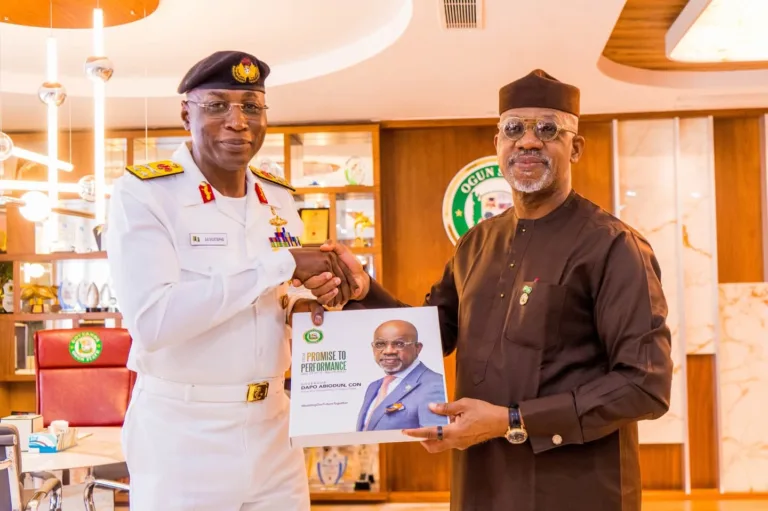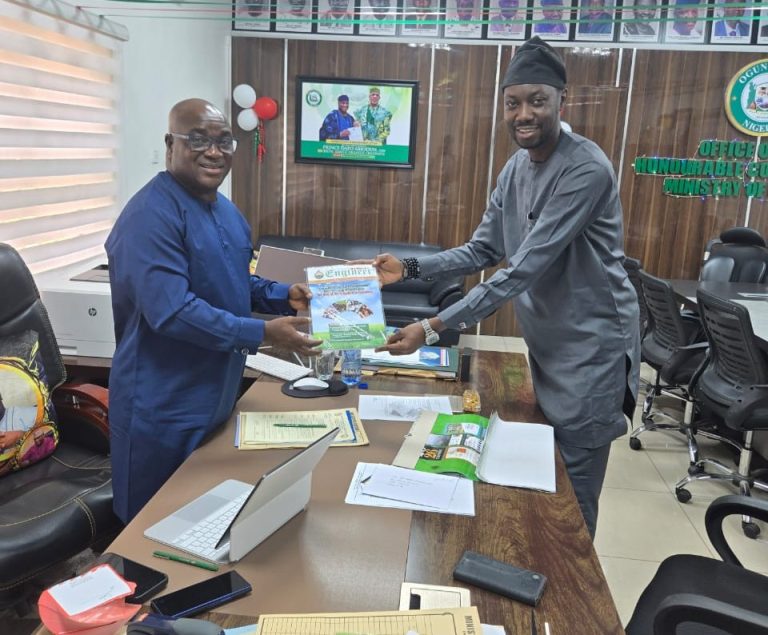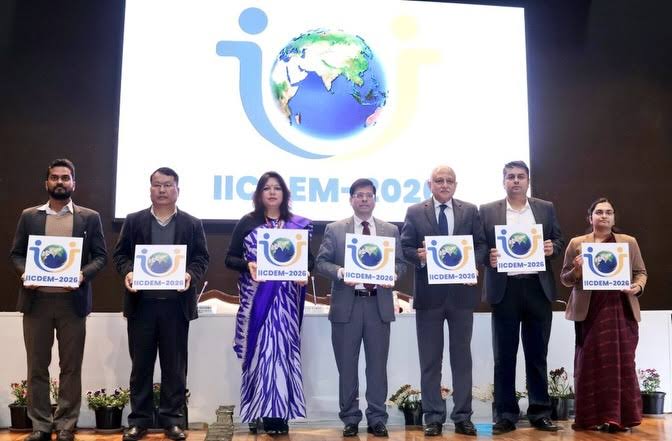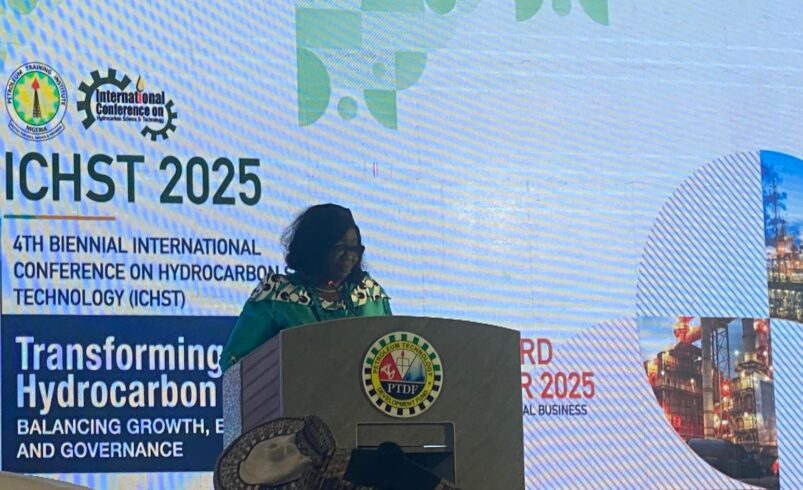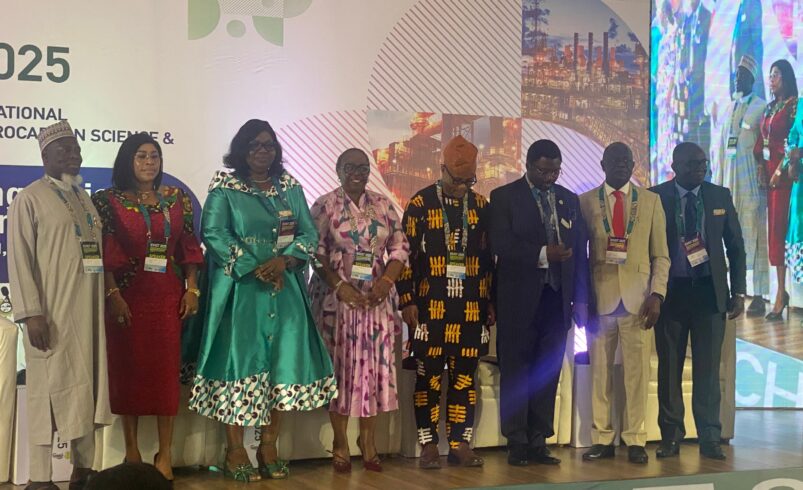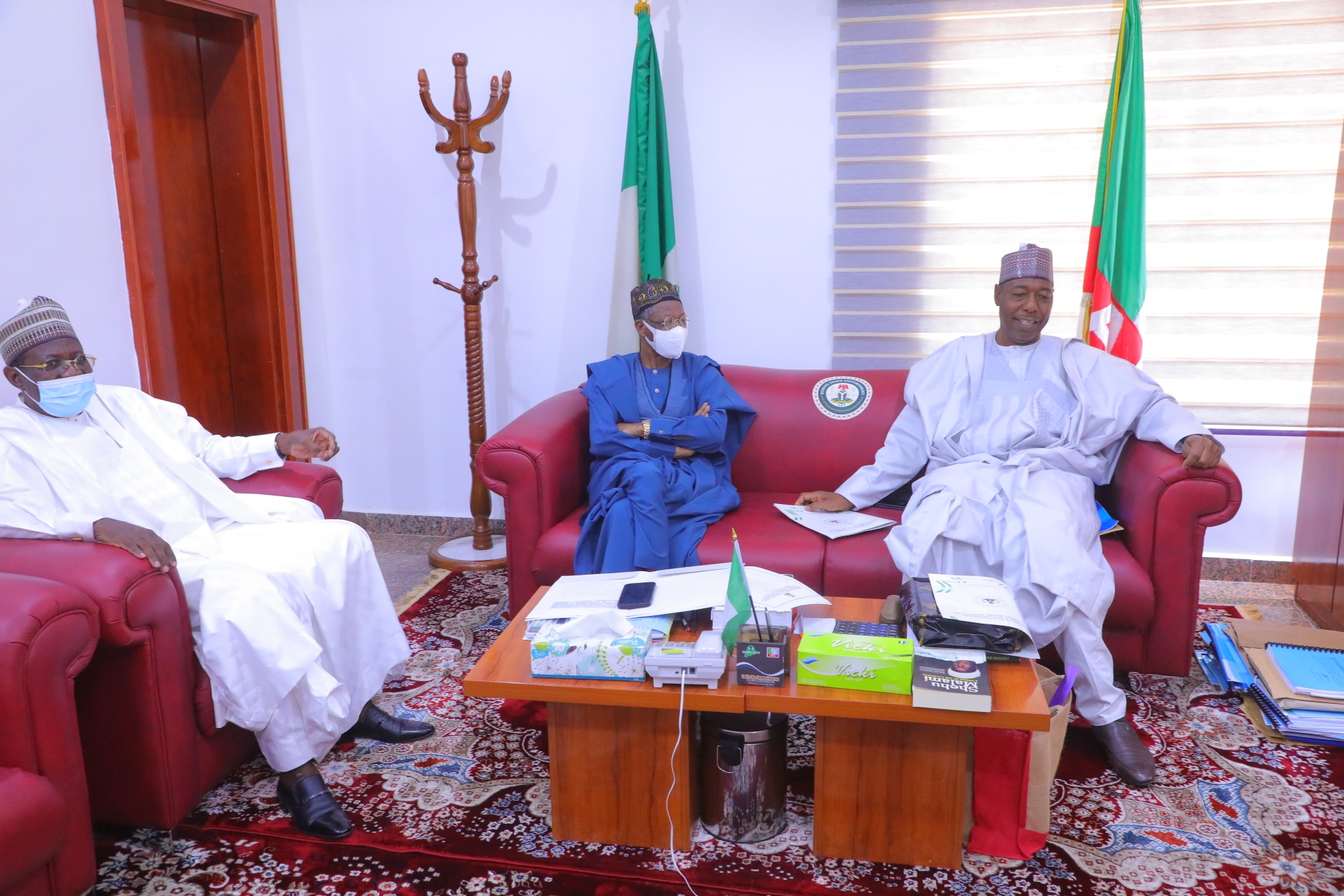By: Goodluck E. Adubazi, Abuja.
Day Two of the 4th Biennial International Conference on Hydrocarbon Science and Technology (ICHST 2025) kicked off on Thursday, October 23, 2025, at the PTDF Towers, Abuja, with a compelling call for transformation in Africa’s energy landscape.
Delivering the day’s opening remarks, Dr. Tina O. Isichei, Director of Research and Development at the Petroleum Training Institute (PTI), Effurun, and Team Lead for ICHST 2025, urged participants to focus on knowledge transfer, innovation, and localization as the key to Africa’s energy independence.
“Africa is rich in hydrocarbon resources, yet we remain marginal players in the global oil and gas value chain,” Dr. Isichei emphasized. “The time has come to move from dependence on foreign technology to empowering our own people with the skills and mindset to lead.”
Dr. Isichei highlighted the structural and attitudinal challenges facing Africa’s hydrocarbon sector, pointing to issues such as overreliance on foreign expertise, weak R&D ecosystems, limited local manufacturing capacity, and policy inconsistencies.
She argued that the continent already possesses the technical skills required for growth but lacks the institutional courage and political will to drive true transformation.
“The knowledge we need is here in Nigeria — within our institutions and our professionals. What we lack is the structure to harness and transfer it effectively,” she asserted.
In her keynote address, Dr. Isichei drew a clear distinction between training and knowledge transfer.
While training focuses on teaching specific skills, knowledge transfer, she explained, is a holistic process of sharing expertise, experience, and insight in a way that enables others to apply knowledge independently.
“Training teaches you what to know; knowledge transfer empowers you to do,” she explained.
“It’s not enough to learn — one must be able to apply, innovate, and lead.”
Dr. Isichei emphasized the importance of mentorship, hands-on experience, and a culture of continuous learning in developing the next generation of energy professionals.
Citing the success story of Renaissance African Energy, a Nigerian-led consortium launched at the 2025 Energy Summit, Dr. Isichei showcased how indigenous innovation can thrive when properly supported.
“If Renaissance Energy can lead a major project with majority Nigerian ownership, then it proves our capacity,” she noted.
“The knowledge to transform our sector lies with us — Africans by Africans, for Africa.”
Dr. Isichei, known for her advocacy for youth inclusion in the energy industry, challenged senior professionals to actively mentor younger engineers and scientists.
She humorously shared a personal anecdote from her school days — excelling in mathematics on paper but struggling with real-world navigation — to illustrate the gap between theoretical knowledge and practical application.
“It’s one thing to score an A in class, and another to apply that knowledge in real life,” she said with a smile.
“That’s why mentorship and real-world exposure are indispensable.”
Concluding her address, Dr. Isichei reiterated that Africa’s transformation in the oil and gas industry depends not only on technological advancements but also on a mindset shift and institutional reform.
“We must stop looking outward for solutions. Our progress depends on how well we can transfer knowledge, build confidence, and empower our people to lead,” she affirmed.
The second day of the conference continued with technical sessions and panel discussions focused on innovation, sustainability, and governance — all aimed at charting a roadmap for a self-reliant African hydrocarbon sector.



